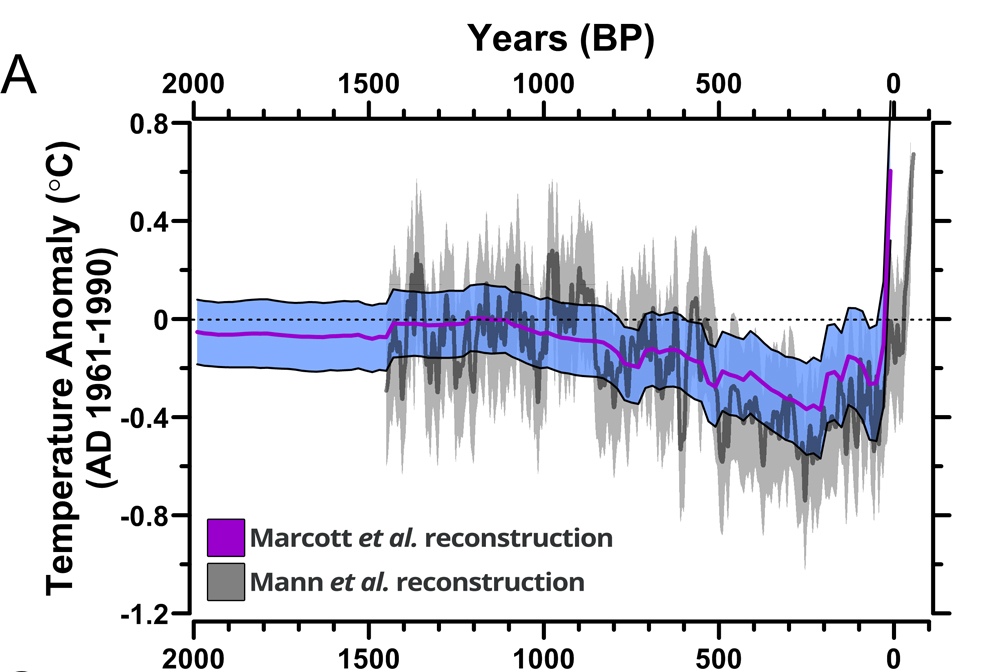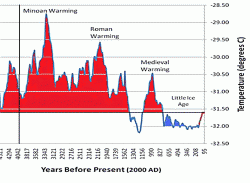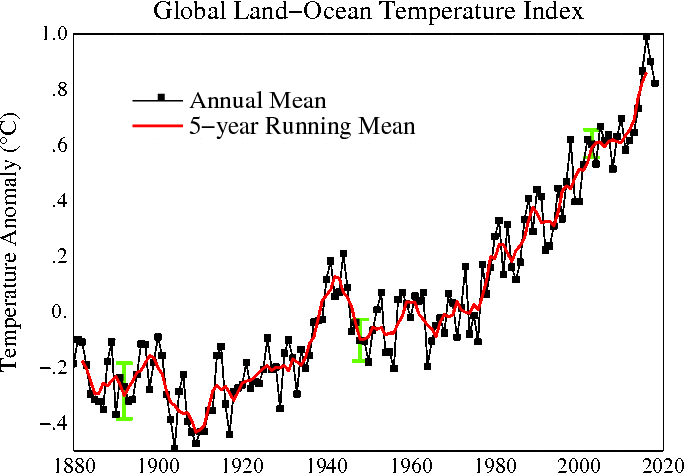Global temperatures are warmer than at any time in at least 4,000 years, scientists reported Thursday, and over the coming decades are likely to surpass levels not seen on the planet since before the last ice age.
http://www.nytimes.com/2013/03/08/s...ratures-highest-in-4000-years-study-says.html
http://www.nytimes.com/2013/03/08/s...ratures-highest-in-4000-years-study-says.html








